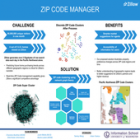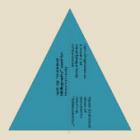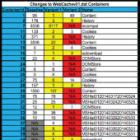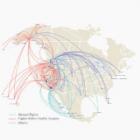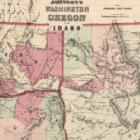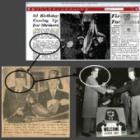
You’ve Got Questions, We’ve Got Answers: Building a Sustainable FAQ for UW Libraries
University of Washington (UW) Libraries supports both online and residential users with an abundance of resources and services. However, users often struggle with how to access, use, and apply these tools. As a means to support these users, UW Libraries created a “How Do I” guide. But as time went on, the guide became outdated, difficult to navigate, and time-consuming to use. In collaboration with the UW Libraries Online Learning Subcommittee, we developed an FAQ, targeting the most common struggles affiliated with using UW Libraries research tools and other affiliated tasks. The result is an FAQ that is up-to-date and easy for the user to navigate. Documentation created by the Capstone Team enables librarians to quickly and easily update the guide as needed, matching the language, styling and functional layout already in place. Moving forward, UW Libraries is well equipped with a sustainable, yet adaptable source for users to consult.

